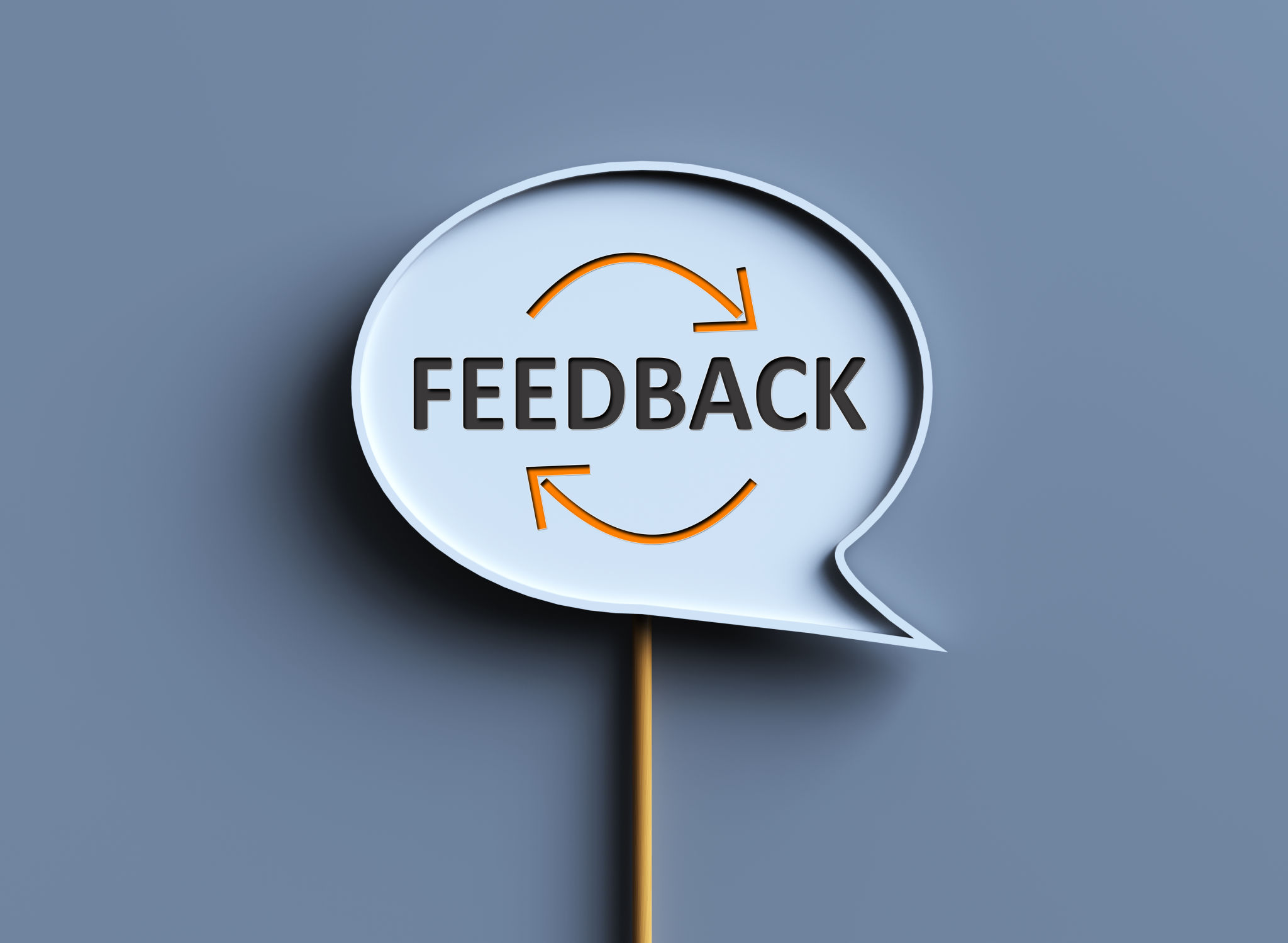A Comprehensive Guide to Choosing Reusable Packaging Solutions for Your Business
Understanding the Importance of Reusable Packaging
In today's environmentally conscious world, businesses are increasingly looking for ways to reduce their carbon footprint. One effective method is by adopting reusable packaging solutions. These not only help in minimizing waste but also offer economic benefits in the long run. By choosing the right reusable packaging, businesses can contribute to sustainability while enhancing their brand image.

Assessing Your Business Needs
Before selecting a reusable packaging solution, it's vital to assess the specific needs of your business. Consider the types of products you handle, the frequency of shipments, and the storage conditions required. Understanding these factors will help determine the most suitable packaging materials and designs for your operations.
For instance, if your business deals with fragile items, opting for durable and cushioned packaging might be necessary. On the other hand, if sustainability is a core value, choosing materials that are easy to recycle or repurpose could be a priority.
Cost Considerations
While reusable packaging can be an initial investment, it often leads to cost savings over time. Calculate the potential savings on materials and disposal costs compared to traditional single-use packaging. Additionally, consider the longevity and durability of the reusable options available. Long-term savings can outweigh the initial expenditure, making it a financially prudent choice.

Types of Reusable Packaging Solutions
There are several types of reusable packaging solutions available, each catering to different business needs. Some popular options include:
- Plastic crates and bins: Ideal for transporting goods that require sturdy support.
- Fabric bags: Suitable for lightweight items and offer flexibility in storage.
- Metal containers: Best for heavy-duty goods that need robust protection.
- Pallets: Useful for bulk shipments and can be reused multiple times.
Each type serves distinct purposes, so it's crucial to align your choice with your business's logistical demands.
Environmental Impact
The environmental benefits of switching to reusable packaging are significant. By reducing reliance on single-use plastics or other disposable materials, businesses can significantly cut down on waste production. Furthermore, many reusable packaging solutions are designed to be recycled at the end of their lifecycle, promoting a circular economy.

Implementing Reusable Packaging in Your Business
Transitioning to reusable packaging requires careful planning and implementation. Start by conducting a pilot program to understand the logistics involved. Educate your staff about the proper handling and maintenance of reusable materials to maximize their lifespan. Communication with suppliers and customers is also key to ensuring a smooth transition.
Moreover, leveraging technology can play a crucial role in tracking and managing reusable packaging assets efficiently. Implementing a system that monitors usage and return rates can help in making informed decisions about inventory management.
Feedback and Continuous Improvement
Finally, gather feedback from stakeholders involved in the process. This includes employees handling the packaging, customers receiving products, and suppliers providing materials. Use this feedback to refine and improve your reusable packaging strategy continually. Embracing a mindset of continuous improvement will ensure that your business remains at the forefront of sustainable practices.

